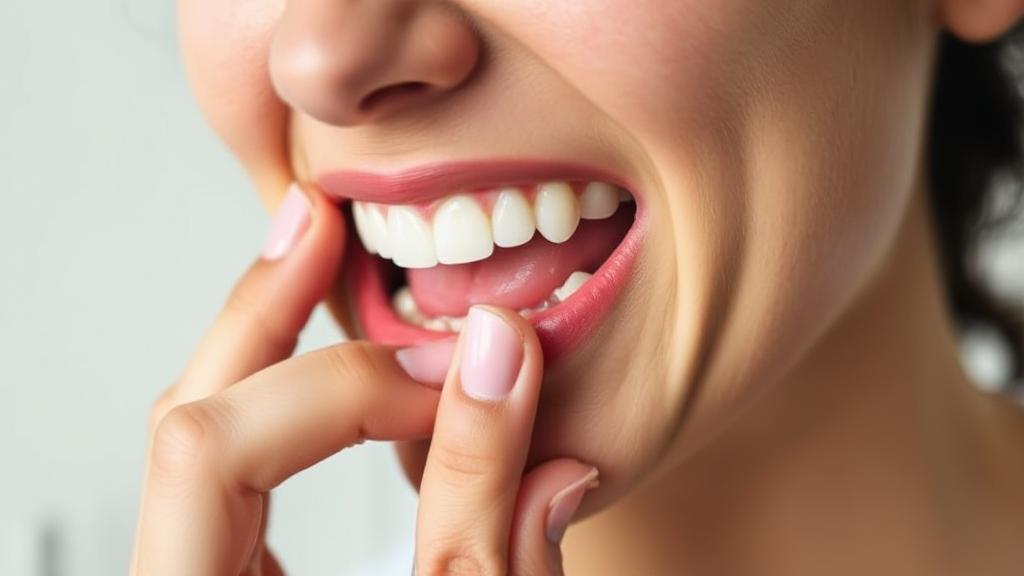Understanding Sudden Front Teeth Pain
Experiencing sudden pain in your front teeth can be both alarming and uncomfortable. This type of pain can stem from various causes, each requiring a different approach to treatment. Understanding these causes and knowing how to address them can help alleviate discomfort and prevent further dental issues.
Common Causes and Solutions
1. Temperature Sensitivity
One of the most frequent causes of sudden front tooth pain is sensitivity to hot and cold temperatures. This often occurs due to:
- Worn tooth enamel
- Receding gums
- Recent dental procedures
- Cracked or chipped teeth
How to Address:
- Use toothpaste specifically designed for sensitive teeth
- Switch to a soft-bristled toothbrush
- Avoid acidic foods and drinks
- Consider using sensitive toothpaste
2. Dental Cavities and Decay
Cavities can develop in front teeth, causing sudden pain when they reach deeper layers. They occur due to the buildup of plaque and bacteria, which erode the tooth enamel.
How to Address:
- Schedule a dental appointment for examination and treatment
- Maintain good oral hygiene by brushing twice a day and flossing daily
- Limit sugary snacks and drinks
- Regular dental check-ups to catch decay early
3. Gum Disease
Periodontal disease often manifests as pain in the front teeth area. Early signs include:
- Swollen, red gums
- Bleeding while brushing
- Increased sensitivity
- Bad breath
"Gum disease affects nearly 50% of adults over 30 and is a leading cause of tooth loss." - American Academy of Periodontology
4. Trauma or Injury
Physical impact can cause immediate or delayed pain in front teeth. Common traumatic incidents include:
- Sports injuries
- Falls
- Car accidents
- Biting down on hard objects
Immediate Relief Measures
While waiting for professional dental care, try these temporary solutions:
- Over-the-counter pain relievers
- Salt water rinses (1/2 teaspoon salt in warm water)
- Cold compress on the outside of the mouth
- Avoiding extreme temperatures in food and drinks
When to Seek Professional Help
Seek immediate dental attention if you experience:
- Severe, unrelenting pain
- Visible swelling
- Fever
- Tooth displacement
- Signs of infection
- Pus or discharge from the tooth or gum
- Difficulty eating or speaking due to pain
Prevention Strategies
Daily Dental Care
Protective Measures
- Wear a mouthguard during sports
- Avoid using teeth as tools
- Don't chew ice or hard candies
- Address teeth grinding (bruxism)
Long-term Management
Working with your dentist to develop a comprehensive treatment plan is essential for long-term oral health. This may include:
- Regular professional cleanings
- Addressing underlying conditions
- Replacing old fillings
- Considering protective treatments like sealants
Remember that early intervention often leads to simpler, less expensive treatments and better outcomes. For more information on dental health, consider visiting resources like the American Dental Association, Mayo Clinic, or find a qualified dentist in your area for proper diagnosis and treatment.
